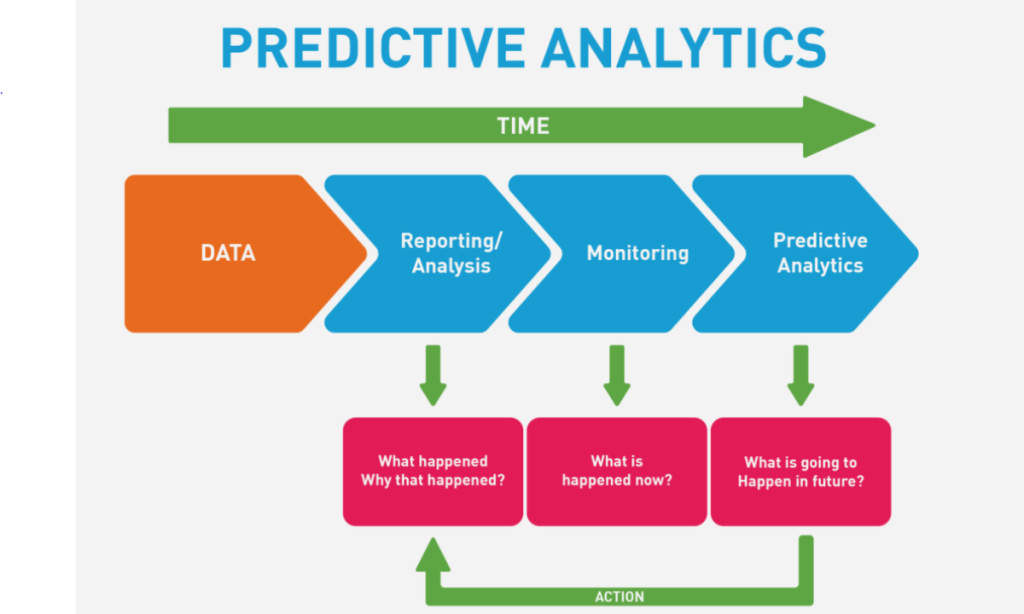
Introduction
In today’s data-driven business environment, leadership decisions are no longer guided solely by intuition or experience. Predictive leadership, powered by analytics, is transforming the way organizations manage people and make strategic HR decisions.
By leveraging data insights, companies can anticipate workforce trends, identify potential leaders, and align human resource strategies with long-term business goals.
Understanding Predictive Leadership
Predictive leadership combines human insight with advanced analytics to forecast future HR outcomes. It uses data from performance metrics, employee engagement, recruitment, and retention patterns to predict behavior and guide leadership decisions.
Through predictive models, organizations can recognize which employees are most likely to succeed, which teams need support, and how workforce changes might affect overall productivity.
Role of Analytics in HR Decision-Making
Analytics plays a central role in transforming HR from a reactive function into a proactive and strategic one. Using predictive analytics, HR leaders can analyze large volumes of data to uncover hidden patterns and correlations.
For example, data can reveal why employees leave, what drives engagement, or how specific leadership styles impact performance.
These insights enable better hiring decisions, more effective training programs, and improved talent retention. Predictive analytics also helps leaders design personalized career paths and identify future skill requirements.
Benefits of Predictive Leadership
Predictive leadership empowers organizations to make smarter, evidence-based decisions. It reduces bias in hiring, promotes fairness, and improves workforce planning.
By identifying trends early, businesses can address potential issues before they escalate—such as declining employee satisfaction or productivity gaps.
Predictive analytics also supports leadership development by highlighting emerging talent and measuring leadership effectiveness over time.
The Future of HR and Predictive Leadership
As artificial intelligence and machine learning continue to evolve, predictive leadership will play an even greater role in shaping HR strategies.
The integration of real-time analytics, emotional intelligence data, and performance tracking will create a more adaptive and personalized work environment.
Organizations that embrace predictive leadership will not only improve decision-making but also build resilient, data-smart teams ready for the future of work.
Predictive leadership is the bridge between human intuition and analytical intelligence—transforming HR into a strategic powerhouse that drives growth and innovation.
